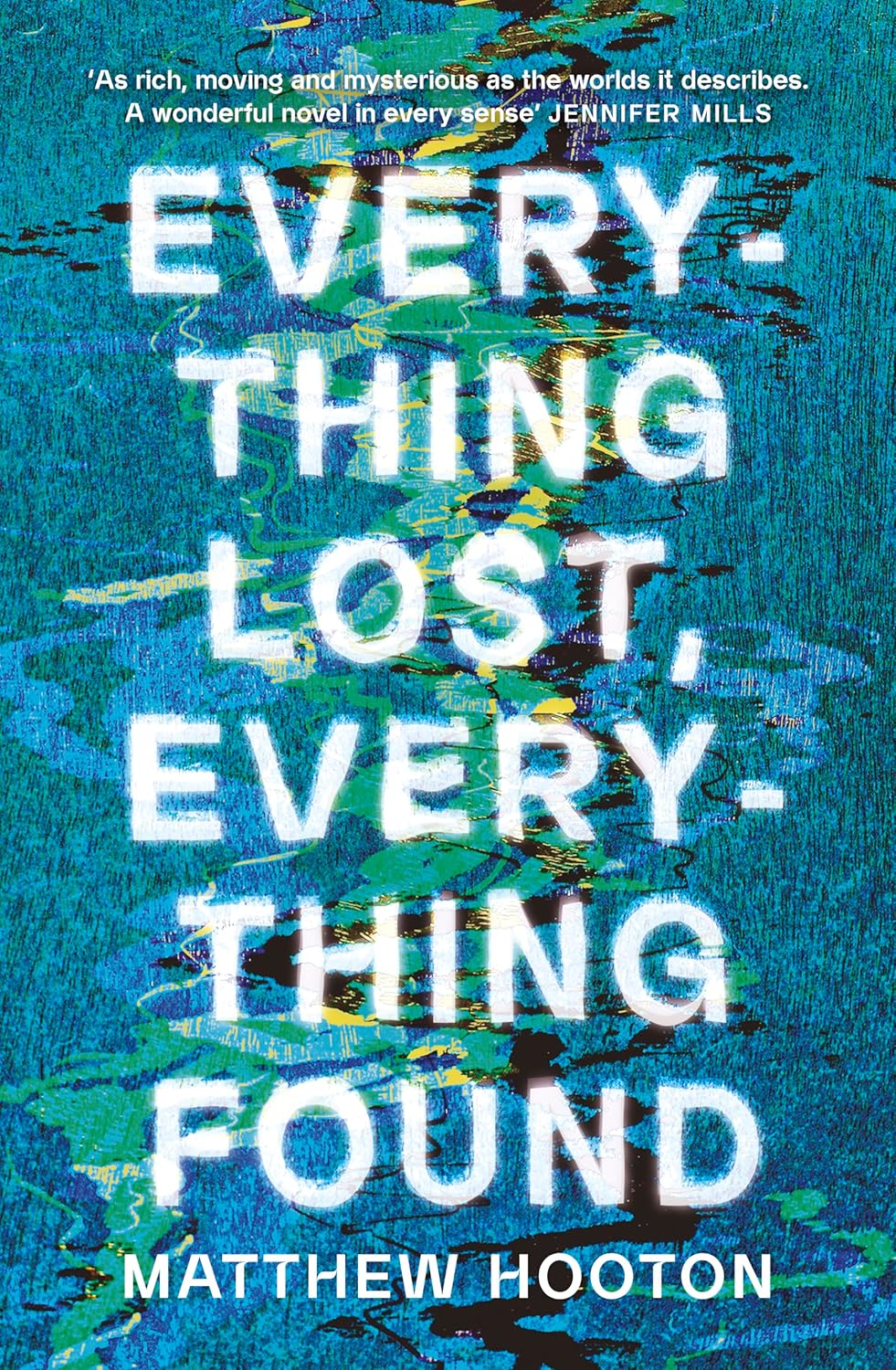
- Free Article: No
- Contents Category: Fiction
- Review Article: Yes
- Article Title: Fordlândia
- Article Subtitle: Avoiding cliché in Brazil
- Online Only: No
- Custom Highlight Text:
We meet Matthew Hooton’s narrator Jack as an old man in urban Michigan. Jack has lived his adult life in this mid-western place and has seen the manufacturing boom of the American twentieth century flourish, expand, and collapse. His body struggles with all the mundane realities of old age – a fall that bruises a hip, the struggle to climb out of a car – while he navigates the decline of his beloved wife in a hospice. His mind is elsewhere in time and space, forever captive to the trauma and wonder he lived through as a child in Brazil. He sees imaginary vines trailing the edges of things, searches for papaya at the grocery store, and makes do with Floridian oranges. It is ‘unsettling to live in a nation of plenty’, Jack observes, ‘and yet find oneself constantly seeking substitutes for that which brought the senses alive as a child’. The narrative shifts back and forth along with Jack’s thoughts, focusing largely on his childhood in the 1920s in the bizarre and ultimately doomed settlement founded by Henry Ford in Brazil named Fordlândia. In this outpost of American culture and within Ford’s brand of strict Christian morality, settlers tried and failed to carry out Ford’s dream of cultivating rubber plantations.
- Featured Image (400px * 250px):

- Alt Tag (Featured Image): Kirsten Tranter reviews ‘Everything Lost, Everything Found’ by Matthew Hooton
- Book 1 Title: Everything Lost, Everything Found
- Book 1 Biblio: Fourth Estate, $34.99 pb, 290 pp
- Book 1 Cover Small (400 x 600):

- Book 1 Cover (800 x 1200):

- Book 1 Readings Link: https://www.readings.com.au/product/9781460765869/everything-lost-everything-found--matthew-hooton--2025--9781460765869#rac:jokjjzr6ly9m
Hooton’s decision to explore white men’s encounters with the horrors of colonialism in the jungle involves some obvious challenges; for a start, one has to confront the influence of Joseph Conrad. The past fifteen years have seen a clutch of brilliant novels set in the Amazon that interrogates the complex colonial fantasies attending to it: Ann Patchett’s State of Wonder (2011), for instance, and Rachel Kushner’s kaleidoscopic novel The Flamethrowers (2013), which takes a subplot detour into the brutal history of rubber cultivation in Brazil and its links with fascism.
The jungle is tricky material, always threatening to take a narrative into the territory of well-worn tropes. White men go to deepest Africa, or Amazonia, and discover that they are the real savages: the heart of darkness is the evil of colonialism and oppression. This is a familiar story. The shape it takes here is Ford’s proto-fascist pursuit of domination over nature and people alike. ‘I now believe there were grim forces at work in Amazonia, a darkness that came not from the jungle, but from Ford himself,’ Jack intones, echoing Conrad, ‘from his desire to cultivate the natural into his own utopian vision.’
Part of the novel’s project is to revise the history of Henry Ford, who is still somewhat revered as a genius industrialist. His affordable Model T inaugurated modern American car culture, while his assembly line factories led to enormous productivity and profit for him and exploitation and misery for his workers. A marginal character in Hooton’s novel serves as an emblem of the suffering imposed by Ford on his workforce in the form of an old woman who haunts the corridors of the nursing home where Jack’s wife lives. Her hands are painfully distorted by the strain of repetitive motion on the assembly line and she speaks in a peculiar form of ventriloquism developed by workers who were forced into total silence on the factory floor. She had to deny her Jewish background to comply with Ford’s prejudice and her husband was one of the union organisers targeted by Ford. Jack’s wife is a journalist who reported on Ford’s wrongdoings, exposing the family to the malice and disgust of their neighbours who still worship the man as a paragon of industry.
In Michigan, Jack is not a factory worker but a plumber, someone who fixes things. His job takes him into the basements of houses where people keep their secrets hidden, from Confederate military uniforms to rhinestone-embellished gowns stashed behind the water heater. Jack can fix a pipe, but fixing his own broken self or his troubled relationship with his daughter is another matter.
Hooton’s novel reads at times like a deliberate reversal of the famous last words of Conrad’s demented Colonel Kurtz: ‘The horror, the horror.’ Jack might say instead something like ‘The wonder, the wonder,’ and be speaking of not only the incandescent mirages of butterflies, birds, and jungle vines that crowd his imagination, but also the way his life is suffused with love – in marriage and in his affectionate relationship with his grandson and ex-son-in-law – and second chances.
This is not to say that this story lacks horror. In the humid jungle, threats to life and limb are everywhere. The novel opens with Jack’s adored mother being mauled to death by a caiman in the river. Piranhas devour an injured man in a dramatic froth of blood and carnage. Vipers attack, leeches bite, vampire bats descend in clouds of death, ants sting, jaguars hunt, and none of these creatures is as terrifying as the men in suits who enforce Ford’s strict moral code. As deliberate contrast, snowy Michigan offers a landscape of redemption, where the conflicts are domestic rather than the man-versus-crocodile kind. The pendulum swing between these times and places can feel disorienting.
At its most compelling, Hooton’s prose overcomes the looming danger of cliché that shadows his material, with vivid images that evoke the child’s perspective of awe and estrangement, like the ‘enormous flashing fish as long as I was tall’ seen on his arrival at the Brazilian port, ‘their medieval scales iridescent and lined with deep red, as though each piece of their aquatic armour were a gill’. Moments later, local children unravel a giant snakeskin ‘thick as parchment’, imagined as a text or a map that the narrator must learn to read, ‘the patient language of carnivores’.
This is not a story in which everything lost is recovered or where grief is neatly resolved. ‘I cannot account for it. For everything lost and everything found,’ Jack admits towards the end. ‘I cannot see it as a story or part of a larger plan.’ The underlying calculus of fate and sacrifice remains mysterious, unknowable, resistant to simplification. What Jack finds is something like acceptance of those difficult realities and the compensations to be discovered, not only in memories of the past but also in the possibilities of the present.


Comments powered by CComment